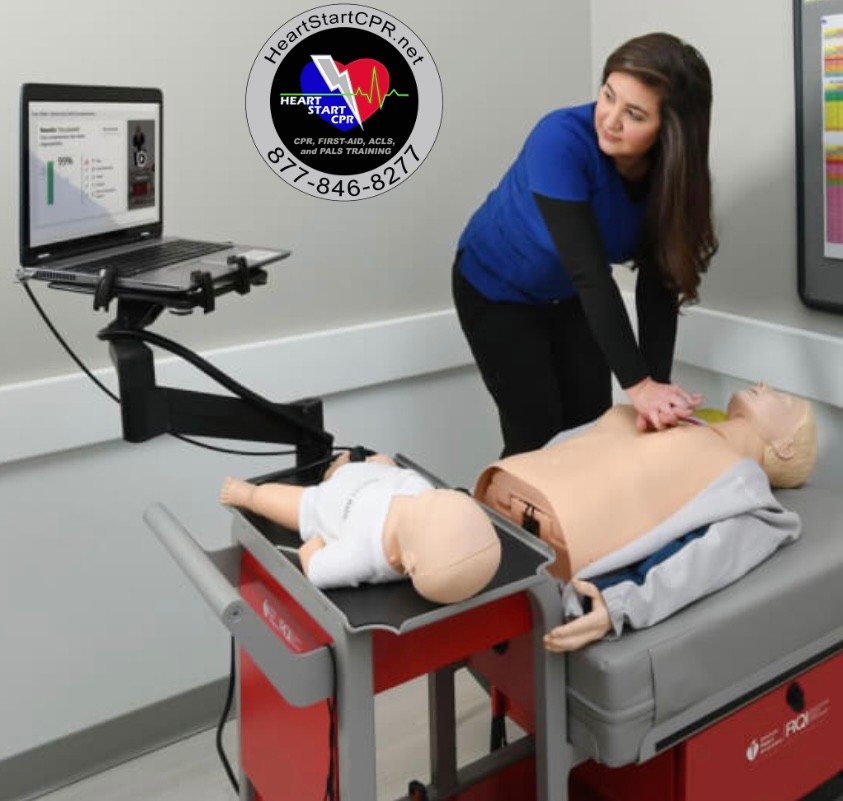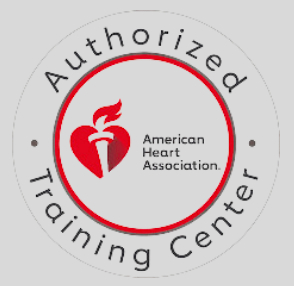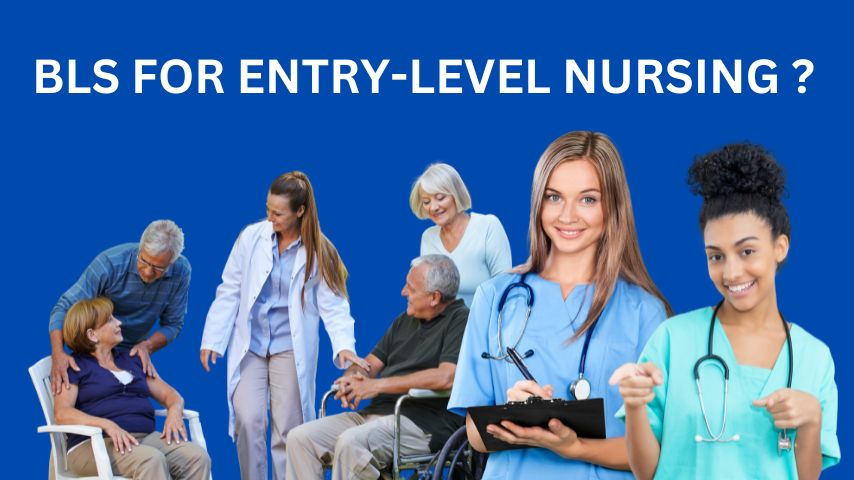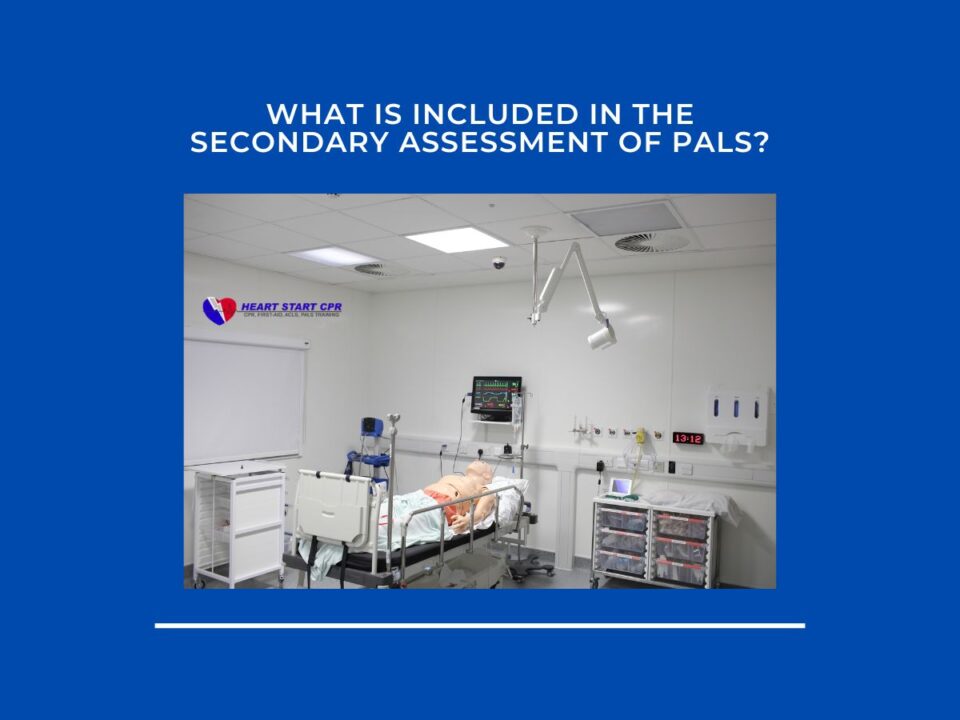
What are the Preferred Method of Ventilating a Patient?
April 8, 2024
Sudden Cardiac Arrest vs Heart Attack
April 10, 2024Table of contents
BLS stands for Basic Life Support and BLS certification course is a training that updates your emergency skills according to the most recent guidelines of American Heart Association (AHA). BLS certification is required for all registered nurses and entry-level nurses. It’s a mandatory basic emergency skill certificate for all nurses and you can not work without acquiring one.
Additionally, nurses are also required to acquire Advanced Cardiovascular Life Support (ACLS) certificates if they are working in the intensive care unit (ICU). And, Pediatric Advanced Life Support (PALS) certificate if they work with pediatric patients.
The key aspects of BLS certificate course are:
- Adult, child, and infant CPR
- Airway management
- Use of automatic external defibrillators (AEDs)
Who Mandates a BLS Certificate for Nurse?
In the United States, several regulatory bodies may mandate Basic Life Support (BLS) certification for healthcare providers. These regulatory bodies and organizations aim to ensure that healthcare providers possess the necessary skills to respond effectively to medical emergencies and provide safe and high-quality patient care:
State Licensing Boards: Each state has its own licensing board responsible for regulating healthcare professions. These boards often require BLS certification for healthcare professionals as part of the licensure or renewal process.
Healthcare Accreditation Organizations: Accrediting bodies such as The Joint Commission (TJC) and the Centers for Medicare & Medicaid Services (CMS) asks for BLS certification as part of their accreditation standards for healthcare facilities.
Employers: Many healthcare employers, including hospitals, clinics, nursing homes, and outpatient facilities, mandate BLS certification as a condition of employment for nurses.
Professional Organizations: Professional organizations like the American Heart Association (AHA) and the American Red Cross (ARC) establish guidelines and standards for BLS training and certification. While not regulatory bodies per se, their guidelines are often followed by healthcare employers and may influence regulatory requirements.
Benefits of BLS Certification for Nurses
The BLS certificate is a requisite credential for registered nurses and entry-level nursing professionals. Apart from its mandatory nature, this certification course offers several advantages, particularly for individuals at the entry level of their nursing careers. After the successful training session, candidates will gain proficiency in basic emergency skills like delivering high quality CPR, effective communications, leadership and assessing the situation smoothly. Beside these skills other benefits of BLS certification for nurses are:
Qualify for Jobs
We have already mentioned that to qualify for a nursing job acquiring a BLS certificate is necessary. Depending on the employer they might help you obtain a certificate, but if you already have a BLS certificate then that’ll be a plus point and you may get hired faster.
Gain Confidence in Your Own Skills
BLS certification instills confidence in nurses by providing them with the necessary knowledge and skills to handle critical situations effectively. This confidence translates into better decision-making and performance during emergencies.
Compliance With Regulatory Standards
Many healthcare facilities require nurses to maintain BLS certification to ensure compliance with regulatory standards and accreditation requirements. Holding a valid BLS certification ensures that nurses meet these obligations.
Team Collaboration
A BLS certification course also trains an individual for better leadership and management. Nurses are taught to assess victims and the environment in a better and smooth way. The training also teaches them to effectively communicate and collaborate with other healthcare providers which creates a cohesive and efficient response team during emergencies.
How to Prepare for Your BLS Nursing Certification?
The BLS (Basic Life Support) certification test is relatively easy to pass. It’s straightforward, involving following instructions through videos, written steps, and simulations. With proper preparation by attending an affordable program and paying attention to the instructor, most students should be able to pass the BLS Certification test without much difficulty. But still you have to prepare for the test and calm yourself before attending the questions. Here are some tips to prepare:
- Review the techniques and best practices
- Memorize CPR techniques for adult, child, and infant
- Memorize when to stop CPR
- Review assessment process during different situations like choking
- Review one rescuer and multiple rescuer CPR
- Review AED process
- Take practice question tests
- Participate in group discussions
- And most importantly, relax and keep your mind calm
Where to Get BLS Certification for Nursing?
There are few things to review about training schools you choose before you enroll in a BLS training course. Check out their:
- Course modules: Check the course curriculum, if the course complies with latest guidelines and covers all the necessary topics. The course should importantly include CPR for different demographics, AED usage and pad placement for different aged patients, first aid steps, managing airways, choking, and other life threatening emergencies. Additionally, the course should provide training in leadership skills essential for coordinating emergency responses, effective communication within multidisciplinary teams, and the ability to remain calm and assertive during high-stress situations.
- Reviews and online reputation: Check online about the organization you are about to choose. Google reviews are the best way to find out about the class and what people think about the organization. Besides Google reviews of the , exploring other platforms like Yelp, Trustpilot and social media including Reddit, Facebook, and even consulting with your friends can help you to make an informed decision.
- Instructor qualification: This checkpoint is the most important in the list. Get to know about your instructor if they are qualified enough. Organizations like Heart Start CPR have instructors who are firefighters, paramedics, and healthcare providers. The owner of the training school – Lt. Jeff Haughy himself is a firefighter and AHA certified instructor. Instructor Jeff Haughy not only provides training but also shares his in-field experiences so that students could relate their class knowledge with real life events.
- Training materials and facilities: Evaluate the quality of the training materials provided by the school, such as course manuals, videos, and other resources. These materials should be up-to-date, comprehensive, and easy to understand.
- Cost: Though the cost of the BLS training course shouldn’t be much of concern, why pay more if you can complete the course at a comparatively low price. Keep in mind that quality always beats quantity, always enroll in a place where you can acquire quality knowledge and have hassle free experience.
- Feasibility: Research if the emergency training school has an option for an online BLS certification course, if not the facility is close to your location. An online BLS certification allows you to learn the skill at your own speed and makes you ready for the test whenever you like or feel that you want to enroll in the test.
Note: Heart Start CPR is a highly rated and loved emergency training school by students in Google (4.9/5 star rated) and Yelp (5 star rated). We provide an online BLS course for busy healthcare providers and students who need this certification course with all required online materials.
Pro Tip:
Stay updated by recertifying. The American Heart Association updates their guidelines every 5 years to ensure that the techniques are based on the most recent research, scientific evidence and recommendations. The field of healthcare is frequently evolving and improving which is why healthcare providers and nurses must stay up-to-date in order to achieve efficient outcomes in or outside the hospital settings. They must update their BLS certificate every 2 years from the issued date.






